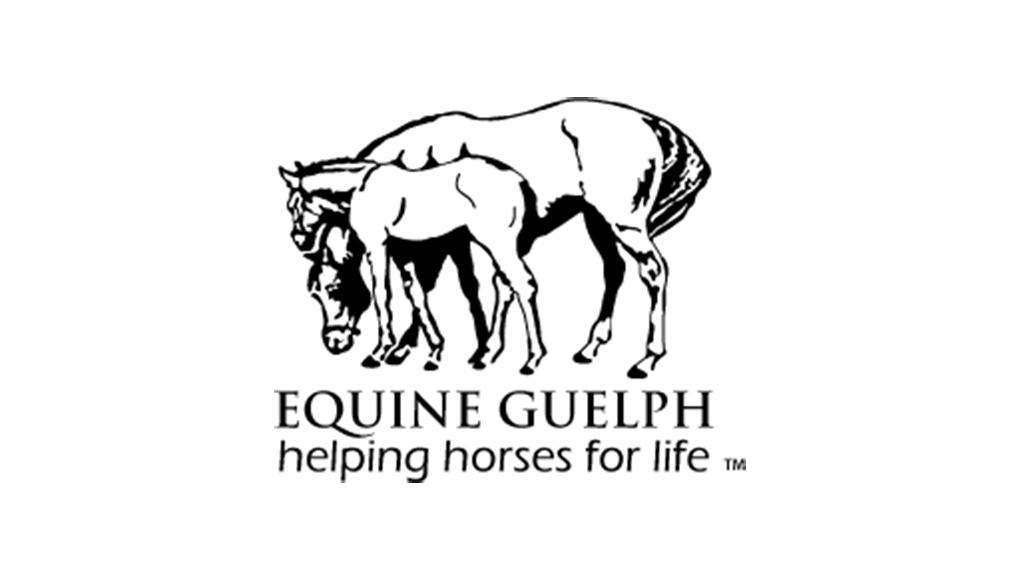
Equine Guelph has announced the return of its highly popular online course, Racehorse Gut Health & Ulcer/Colic Prevention, designed exclusively for the horse racing industry. This comprehensive two-week course, running from Feb. 24 to March 7, offers invaluable insights into maintaining and improving the gastro-intestinal health of racehorses.
Thanks to a partnership between Equine Guelph and Ontario Racing, Standardbred Canada, Horsemen’s Benevolent and Protective Association (HBPA) and Central Ontario Standardbred Association (COSA), this offering will be available free (value of $95) to the first 100 Alcohol and Gaming Commission of Ontario (AGCO) licence holders and/or Standardbred Canada members who enroll.
When it comes to equine nutrition there are a lot of myths out there. Gone are the days of the weekly bran mash. The more we learn about keeping the trillions of gut bacterial happy, the better our athletes are likely to perform with healthy gut biomes. New research is demonstrating links to disease and other health issues if the bacterial population is disrupted. Learning good management practices regarding the equine diet, significantly reduces the risk of colic.
Special footage with forage specialist Dr. Paul Sharpe discusses hay testing and why it is a good place to start for the optimal nutrition plan, which emphasises forage as the bulk of the horse’s diet.
In addition to colic, participants will learn how underdiagnosed stomach ulcers are, especially among racehorses. There are a combination of management and nutritional factors that can increase risk of ulcers in the squamous part of the stomach (upper part) including frequency of meals and the amount of carbohydrates consumed.
Participants will also learn the effect of large carbohydrate meals on the large intestine.
Detecting early signs of colic, preventative strategies and management will all be hot topics in the discussion forums.
Participants will come away knowing how to identify risks for different types of colic and ulcers.
Every horse owner understands the serious nature of colic, but past students have glowing testimonials about the practical information they took away from the course: “This course provides valuable insight for anyone that has an interest in improving the management of horse health. The take-away is that good management saves horse lives and reduces expensive vet calls.”
Dr. Nicole Weidner will act as course instructor and Dr. Sarah Shaw will be on-hand in week two as guest expert with expert knowledge on ulcers. Dr. Weidner completed an MSc and PhD in animal nutrition at the Ontario Veterinary College. Her research examined links between nutrition and disease in animals. She’s worked as a guest lecturer and instructor in courses offered through the University of Guelph and has also been involved in the development of courses and educational tools. She’s interested in scientific outreach and communication, especially when it’s related to horse nutrition, health and/or welfare.
Dr. Sarah Shaw is a private practice owner and a large animal internal medicine specialist working in Ontario. Weidner and Shaw will also be joined by Industry Ambassadors, Julie Walker and Renée Kierans, who will be on-hand as peer helpers to assist students and ask questions on highly debated topics.
Discussions will include common causes of gut health issues and recent research updates for racehorses as well as the most recent information on early detection and prevention. You will also learn best practices for detecting GI issues, and what to do it happens to you.
Trainers, grooms and owners can sign up now for the free Racehorse Gut Health & Ulcer/Colic Prevention online course starting Feb. 24 at the horseportal.ca. Help your racehorses reach their full potential. For those who have never taken an online course before, no prior online learning experience is required. Limited registrations available.
(Equine Guelph)

